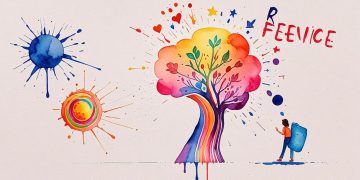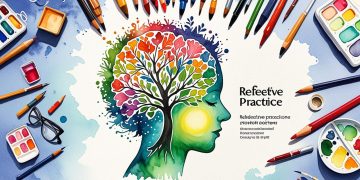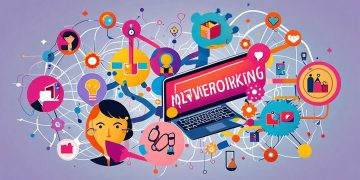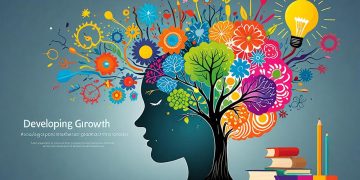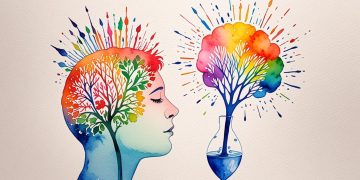Reflective practice is a powerful tool for fostering a growth mindset, enhancing self-awareness, resilience, and continuous learning. By cultivating critical skills through self-assessment and reflection, individuals can transform personal and community development, turning challenges into opportunities for growth and innovation. Embracing reflection leads to lifelong learning and adaptable solutions.

